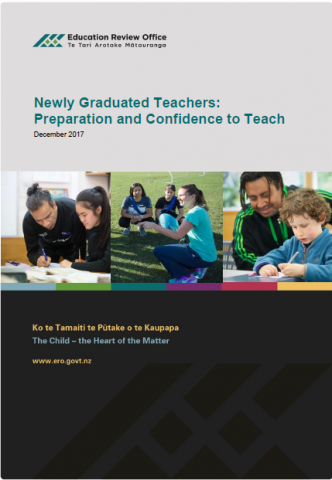Vocational pathways: authentic and relevant learning
Published: 30 May 2016
ERO evaluated how well 35 secondary schools were using Vocational Pathways. While most schools knew about and were using the pathways, they were not fully realising the initiative’s potential. Vocational Pathways can be a valued part of a school’s curriculum for all students when used as more than just an add-on to careers education or course selection processes.
- Audience:
- Parents
- Schools
- Content type:
- Research
- Topics:
- Career education
- Youth Guarantee Programme
- Ongoing education
- Social and emotional competence






